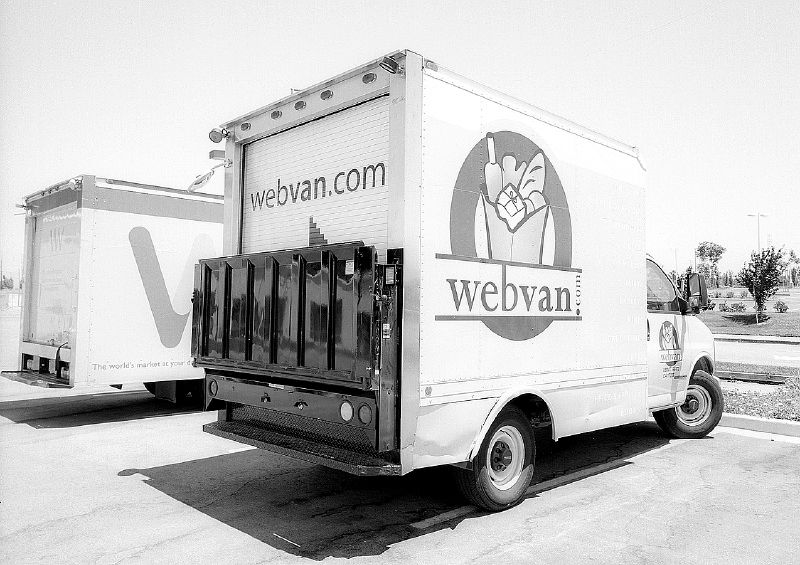The United States has only half the publicly listed companies of twenty years ago, writes Barry Ritholtz in Bloomberg View.
While the Initial Public Offering still remains one way for startup businesses to release wealth to founders and early investors, the number of mergers and acquisitions has seen the total number of public companies fall over the last two decades.
Most of the fall has been due to existing companies being bought out through mergers and acquisitions while there have been fewer new businesses listing to replenish the stocks.
Last year we interviewed Don Katz, the founder of talking book service Audible which was listed in 2000 and acquired by Amazon in 2008.
Katz found the running of a listed company was onerous and more value, and investment funds, was added by being part of a larger organisation.
The view of Katz and Audible’s shareholders that there is better access to markets and capital through larger companies probably drives much of the enthusiasm for M&As along with serving to increase the economic concentration of large corporations.
Ritzholtz speculates another reason could be the deepening pools of private equity and venture capital which mean newer businesses don’t have to rush into a listing to raise funds or give founders and early investors an exit.
Another reason could be that companies have become more profitable with US corporations being more profitable than any time since before the 1929 stock crash. More money coming in means it’s easier to fund the business using cash flow and investors can make a good return on dividends rather than share sales.
The cost of money could also be affecting listings, with debt so cheap companies can raise bonds cost effectively without diluting their equity or having the hassle of running a listed corporation.
Finally, it may be the ease of setting up a business makes listing not so necessary. A software company needs nowhere the capital required by a manufacturing venture so going to the market just isn’t necessary.
Should the lack of listing be a permanent thing then again we may see another force changing management and business cultures.
Similar posts:




